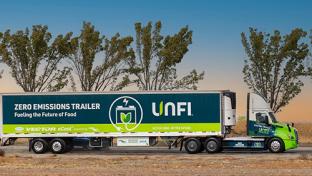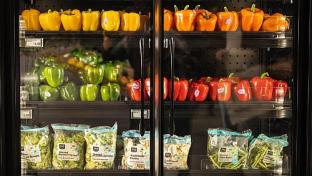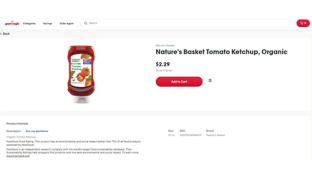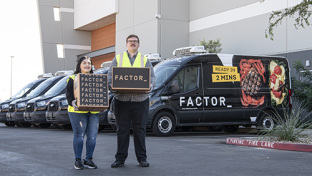Walmart, General Mills Unite to Accelerate Regenerative Agriculture
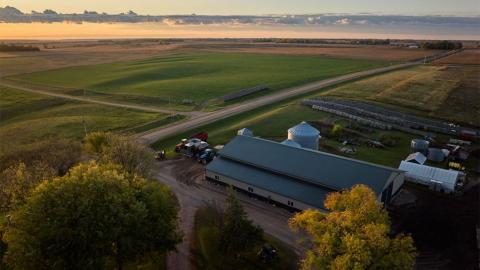
Walmart, Sam’s Club and General Mills have joined forces to help ramp up the adoption of regenerative agriculture on 600,000 acres in the United States by 2030. This is the approximate number of acres that General Mills engages to source key ingredients for its products sold at Walmart and Sam’s Club. Initial projects will be funded by grants administered by the National Fish and Wildlife Foundation (NFWF) and seek to advance regenerative agriculture outcomes for a variety of crops, including wheat, in the Northern and Southern Great Plains.
“Through this partnership, we will work hand in hand with Walmart and Sam’s Club to help regenerate the acres of land in the key regions where we source ingredients for our shared business,” noted Jon Nudi, group president, North America retail at Minneapolis-based General Mills. “We are excited by the opportunity to bring our products, including Pillsbury refrigerated dough and Blue Buffalo pet food and treats, to Walmart shelves more sustainably, with the help of our merchants and farmer partners.”
[Read more: “Walmart Accelerates Regenerative Strategy”]
The collaboration highlights the companies’ intentions to build on organizational commitments and leverage collaboration to help drive industry-wide change. Efforts will involve seven U.S. states: North Dakota, South Dakota, Nebraska, Kansas, Oklahoma, Colorado and Minnesota.
Under the program, Washington, D.C.-based NFWF will provide financial assistance to local grantee organizations, beefing up the education and coaching resources necessary to help accelerate regenerative agriculture. The aim is twofold: support the transition to regenerative agriculture production in the United States through systems change and increase the potential for more resilient yields for farmers through programs that will help improve soil health, watersheds, biodiversity, climate change and farmer economic resilience.
“We’re committing to making the everyday choice the more sustainable choice for consumers,” said John Laney, EVP, food at Walmart U.S. “This collaboration is an example of how we are working across our value chain on intentional interventions to help advance regenerative agriculture and ensure surety of supply for these essential food products for the long term.”
The joint effort also marks significant and ongoing progress toward the companies’ individual sustainability goals, provides a roadmap for future collaboration among organizations and industries, and ensures the companies can continue to offer quality products. It also puts General Mills on track to surpass its goal of advancing the adoption of regenerative agriculture on 1 million acres by 2030 and furthers Walmart’s goal, in collaboration with the Walmart Foundation, to protect, more sustainably manage or restore at least 50 million acres of land by that year.
Each week, approximately 230 million customers and members visit Walmart’s more than 10,500 stores and numerous e-commerce websites under 46 banners in 24 countries. The Bentonville, Ark.-based company employs approximately 2.3 million associates worldwide. Walmart U.S. is No. 1 on Progressive Grocer’s 2023 list of the top food and consumables retailers in North America, while its Sam’s Club division is No. 8. PG also named Walmart one of its Retailers of the Century.


